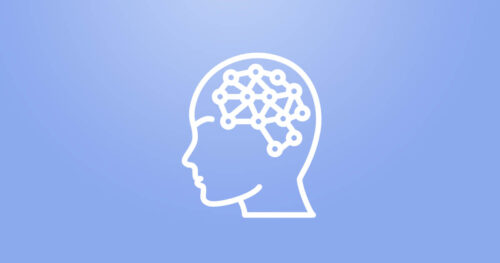This course teaches learners how to get started with Microsoft 365 Copilot Chat, craft effective prompts, and use its AI-powered features to enhance productivity, streamline work, and collaborate securely in real-time.
-
GitHub Advanced Security (GHAS) plays a crucial role in enhancing the security posture of software development projects on GitHub. It provides a comprehensive set of tools and features designed to identify and address security vulnerabilities throughout the development lifecycle.
By integrating security directly into the development process with GHAS, your team can build more secure and reliable software. The course will explore how to utilize GHAS to maximize security impact and understand GHAS and its role in the security ecosystem.
-
Learn how GitHub Actions enables you to automate your software development cycle. You’ll learn how to plan automation of your software development life cycle with GitHub Actions workflows, use GitHub Actions to automatically build an application, and use GitHub Script to interact with the GitHub API.
-
Generative Artificial Intelligence (AI) is becoming more functional and accessible, and AI agents are a key component of this evolution. This learning path will help you understand the AI agents, including when to use them and how to build them, using Azure AI Foundry Agent Service and Semantic Kernel Agent Framework.
By the end of this learning path, you will have the skills needed to develop AI agents on Azure.
As of 13th June, the AI-102 Develop AI Solutions in Azure course has been updated and restructured by combining together these five 1-day AI courses into a single, comprehensive learning experience:
- AI-3016: Develop generative AI apps in Azure
- AI-3026: Develop AI Agents on Azure
- AI-3002: Develop AI information extraction solutions in Azure
- AI-3003: Build a natural language processing solution with Azure AI Services
- AI-3004: Build an Azure AI Vision solution with Azure AI services
This update provides learners with a more cohesive and in-depth journey through key AI concepts and applications.
-
Generative Artificial Intelligence (AI) is becoming more accessible through comprehensive development platforms like Azure AI Foundry. Learn how to build generative AI applications that use language models to chat with your users.
As of 13th June, the AI-102 Develop AI Solutions in Azure course has been updated and restructured by combining together these five 1-day AI courses into a single, comprehensive learning experience:
- AI-3016: Develop generative AI apps in Azure
- AI-3026: Develop AI Agents on Azure
- AI-3002: Develop AI information extraction solutions in Azure
- AI-3003: Build a natural language processing solution with Azure AI Services
- AI-3004: Build an Azure AI Vision solution with Azure AI services
This update provides learners with a more cohesive and in-depth journey through key AI concepts and applications.
-
This DP-601T00: Implementing a Lakehouse with Microsoft Fabric course is designed to build your foundational skills in data engineering on Microsoft Fabric, focusing on the Lakehouse concept.
This official Microsoft course will explore the powerful capabilities of Apache Spark for distributed data processing and the essential techniques for efficient data management, versioning, and reliability by working with Delta Lake tables. This course will also explore data ingestion and orchestration using Dataflows Gen2 and Data Factory pipelines.
This course includes a combination of lectures and hands-on exercises that will prepare you to work with lakehouses in Microsoft Fabric.
-
Learn how to harness the power of Apache Spark and powerful clusters running on the Azure Databricks platform to run large data engineering workloads in the cloud.
-
Generative Artificial Intelligence (AI) engineering with Azure Databricks uses the platform’s capabilities to explore, fine-tune, evaluate, and integrate advanced language models. By using Apache Spark’s scalability and Azure Databricks’ collaborative environment, you can design complex AI systems.
-
In this course, you’ll learn the basics of GitHub and gain a better understanding of its fundamental features with a hands-on exercise all within a GitHub repository. You’ll learn best practices for building, hosting, and maintaining a secure repository on GitHub.
-
This course explores the use of AI in the context of GitHub Copilot, a generative AI tool for developers. It equips users with the knowledge and skills to use Copilot effectively while mitigating potential ethical and operational risks associated with AI usage.
-
GitHub Foundations introduces you to the fundamental concepts, features, and products of GitHub. You’ll discover the benefits of using GitHub as a collaborative platform and explore its core features, such as repository management, commits, branches, and merging.
Through curated modules and hands-on exercises, you’ll gain a solid understanding of GitHub’s essential tools and be well-equipped to start contributing to projects and collaborating effectively within GitHub.
-
Build practical, governed AI assistants with No-Code Copilot Agents for Microsoft 365 & SharePoint.
This Learning Path examines no-code agents in Microsoft 365 Copilot Chat and SharePoint and explores how Microsoft 365 business users can create, manage, and use them.
Ready to operationalize Copilot agents—minus the risk?
Equip your team to design, govern, and share useful agents that save real hours and raise work quality across Microsoft 365. Contact Training Asia to plan your cohort or request an in-house session aligned to your tenant and governance model.





